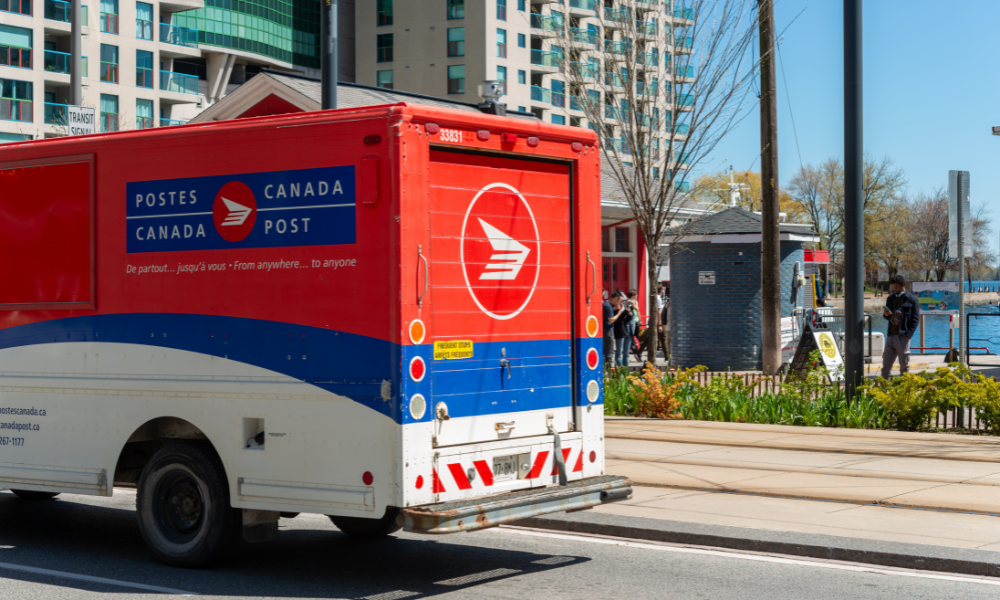
CFO projects loss of $900 million in 2025, rising to nearly $1.7 billion by 2029

At the industrial inquiry commission examining Canada Post’s financial position and workforce practices, the issue of overtime was raised.
Canada Post executives raised the issue of the collective agreement’s restrictions on reassigning letter carriers who complete their routes before their eight-hour shift ends. Vice-President Alexandre Brisson told the commission that this structure results in inefficiencies and increased overtime costs.
Inquiry Commissioner William Kaplan, a former University of Ottawa law professor, questioned the rigidity of this system.
"How is it not a problem when somebody is paid for eight hours of work, and there's more work that could be done, and the corporation could avoid paying overtime to someone else by having that person work for the eight hours for which they are paid?" Kaplan asked the union, according to a CBC report.
The inquiry, initiated by the federal labour minister, is assessing the Crown corporation’s business model, financial sustainability, and staffing policies, with a final report expected in May.
Meanwhile, Canadian Union of Postal Workers (CUPW) representatives argued that the system was implemented in 2003 to reduce overtime, allowing workers to skip their lunch breaks and leave early if they finished their deliveries ahead of schedule.
"When people are scheduled for eight hours, they work eight hours. And when you give them a carrot to say you can go home early, people run," said CUPW grievance officer Jim Gallant, according to the CBC.
Canada Post workers represented by CUPW went on strike in November 2024. CUPW and Canada Post have been bargaining for almost a year, with the union asking for “fair wages, safer working conditions and the right for workers – today and in the future – to retire with dignity, and new services at the public post office”.
That labour action lasted until the Canada Industrial Relations Board (CIRB) ordered striking employees to return to work in mid-December.
Chief Financial Officer Rindala El-Hage also presented a concerning financial outlook, projecting a loss of $900 million in 2025, rising to nearly $1.7 billion by 2029 – totalling $6.9 billion in cumulative losses over five years, according to the CBC. She noted that the corporation was expected to exhaust its cash reserves this year without a federal funding injection of more than $1 billion.
Canada Post CEO Doug Ettinger also told the commission that the corporation is struggling to modernize under its current operational framework, which he described as outdated in the context of a rapidly growing e-commerce sector.
"We're at a critical juncture with Canada Post right now," Ettinger said. "We need to redevelop our operating model. It's an old-fashioned, outdated operating model that in today's hyper-competitive e-commerce market holds us back."
CUPW President Jan Simpson told the commission that Canada Post’s leadership has historically used financial projections to justify service reductions and workforce concessions.
The union has said it issued separate demands for its urban mail carriers and its rural and suburban mail carriers, but made the following combined demands for both groups, reported the CBC:
Simpson also accused Canada Post of using its financial situation to push for changes that would reduce workforce protections, including a two-tier pension system, increased employee monitoring, and cuts to leave benefits.
Previously, CUPW secured a mediated settlement on Dec. 11, reversing temporary layoffs for 328 striking members at Canada Post.